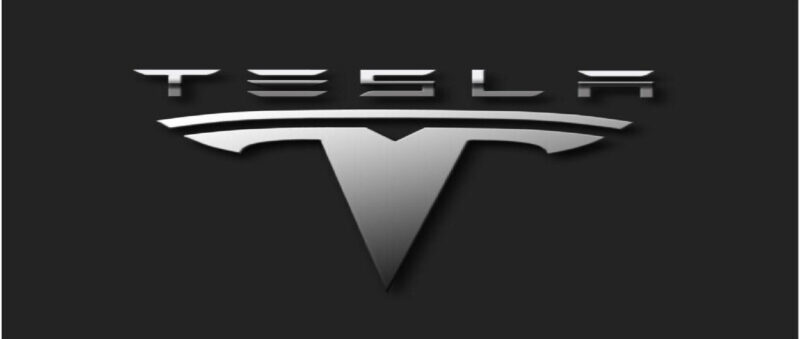~ SHAILJA BHANDARI
Data is the new oil that insurance engines (companies) need more than ever to improve the efficiency of risk assessment, and overall functioning. Technology will help them revisit their existing policies and give rise to new ideas on how to optimize for the future. More importantly, it helps them focus their attention on the structure and design of policies that will deliver a better, sustainable future for policy-holders and, indeed, for society. Right now, policies that seem ideal in theory may turn out to be far from ideal when implemented, and they may even have serious unforeseen negative side effects. As we apply policies, we will learn how they work in the real world, and thus learn how to improve them. The process of developing and implementing policy solutions must respond to this feedback, and real-life outcomes must carry far more weight than stylized theories.
Adaptive management, changing our policies as conditions change and as we learn more, must be a guiding principle. Access to data, and the ability to manipulate it quickly and easily is paramount. If there is any benefit to come out of the Coronavirus pandemic, it’s a wake-up call for the insurance world. The experts say that there will be more pandemics, and adding to that is only the small matter of escalating climate change! This means the players have to adapt and adjust if they want to stand a chance of staying in the game. They either welcome the many solutions that already exist in the market and succeed in implementing them, or they likely welcome failure.
Subsequently, one such puzzling estimation is, that Tesla might change the automotive insurance industry FOREVER.
And the most important piece of this puzzle are actuaries. These are well-paid professionals who analyse financial risk using mathematics, statistics and financial theories. Their job is to determine how much of a premium must be charged to customers to statistically ensure a profitable company. If premiums are too low, insurance pay-outs will bankrupt the company. If they’re too high, no one will buy the insurance. It’s a fine line, and the better your data, the more clarity you have around risk associated with it, one can therefore price their insurance product more accurately.
But a Tesla truly is a smartphone on wheels, and a Tesla uploads a mountain of anonymous driving data to help improve its self-driving AI, among other things. While Tesla insurance doesn’t utilize this data yet, one can guarantee that they will over time, and by doing so, will be able to either drop prices, increase margins, or both and this would give Tesla’s electric self-driving cars a first mover advantage in this arena.
To give a clear picture, a Tesla knows when you brake, accelerate, how fast you do both, your reaction times, when you’re following too close, staying in your lane, when the music is playing or how aggressively you turn your wheel, whether your hands are on the wheel and with a suite of cameras and other sensors available; what’s going on around them and perhaps, if you give them permission, Tesla insurance may even know if your eyes were on the road.
I won’t be surprised if in the future, Tesla allows customers to opt-in to “full insurance data”, giving Tesla more data in exchange for an even more competitive insurance premium. So, one more time, other insurers will have no hope of competitively offering insurance for Tesla vehicles when Tesla themselves have a gargantuan and exclusive data advantage.. Even with bundled discounts, it will be incredibly difficult to price better than Tesla. Tesla currently produces the safest, second safest and third safest vehicle ever tested by NHTSA with the model S, 3 and X having the three lowest ever probabilities of injury in an accident! The more data gathered by the fleet, the safer these features become and the less accidents happen. This perpetual improvement will mean fewer pay-outs and more profits (or lower premiums).

Tesla themselves have said that when a fully autonomous Tesla crashes, the software is at fault. As in, Tesla is liable, not the owner of the vehicle. Had Tesla not entered into the insurance space, this could be a big, big problem. What insurer is going to provide insurance for a self-driving car? How will they price risk? It’s so radically different and new that it’s hard to imagine how things would play out. My best guess is extraordinarily high premiums until insurers gather enough real-world data to begin pricing better. This shall also put pricing pressure on other insurers. Most companies charge an exorbitant amount to insure a Tesla because it is new and their actuaries don’t have enough data to clearly price the risk.
One can predict that Tesla might even enter home insurance and that their foray into automotive insurance is just their first step. (Welcome to the Future)
Picture this : in a world of electric, autonomous vehicles—each gathering gargantuan amounts of useful driver behaviour and safety data—traditional automotive insurance models are worthless. Statistical tables are general and useful, but hyperspecific driver-centric data is on a whole other level and infinitely more valuable.
Tesla is bound to go from ‘Zero to One’ in 2.4 seconds
About the Author:
Shailja Bhandari is a freshman at BSc (Actuarial Science and Quantitative Finance). In her free time, she is found taking a heavy dose of paranoia and curiosity while absorbing dystopian and Sci-Fi literature.
References:
https://insuranceblog.accenture.com/potent-disruptor-tesla-is-set-to-rattle-the-insurance-industry
https://cleantechnica.com/2019/06/26/why-tesla-model-3-is-the-safest-car-on-the-planet-video/
https://cdn.theatlantic.com/thumbor
https://www.lynda.com/Finance-Accounting-tutorials/Finance-Foundations-Risk-Management
https://fortune.com/2015/01/21/elon-musk-micromanagement-control/






